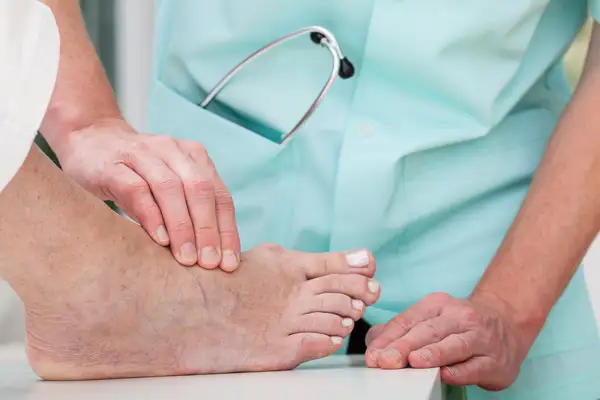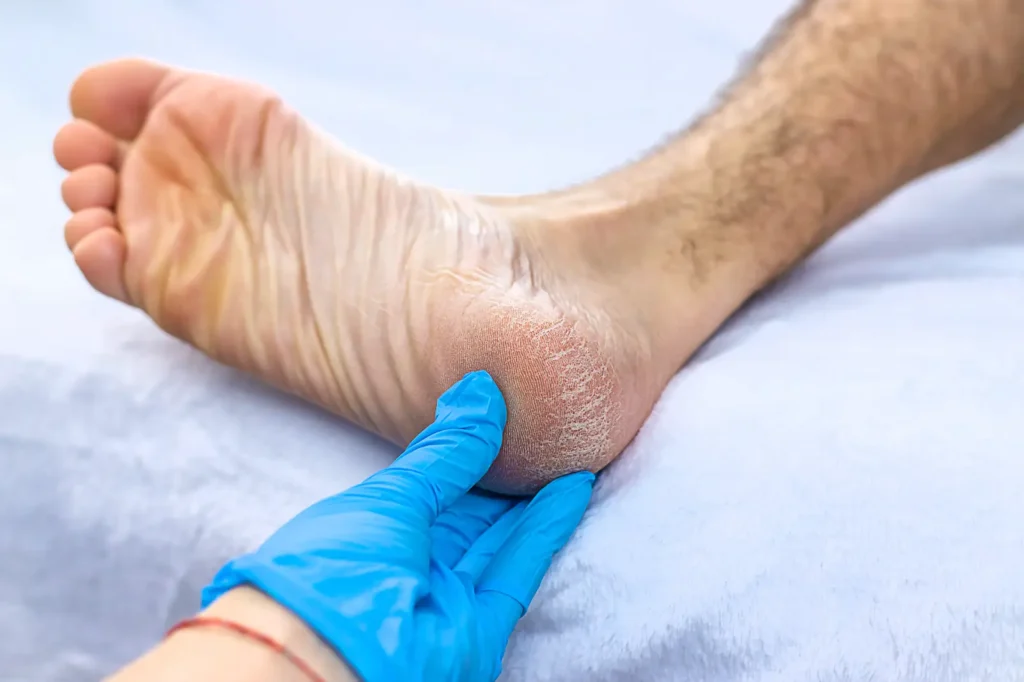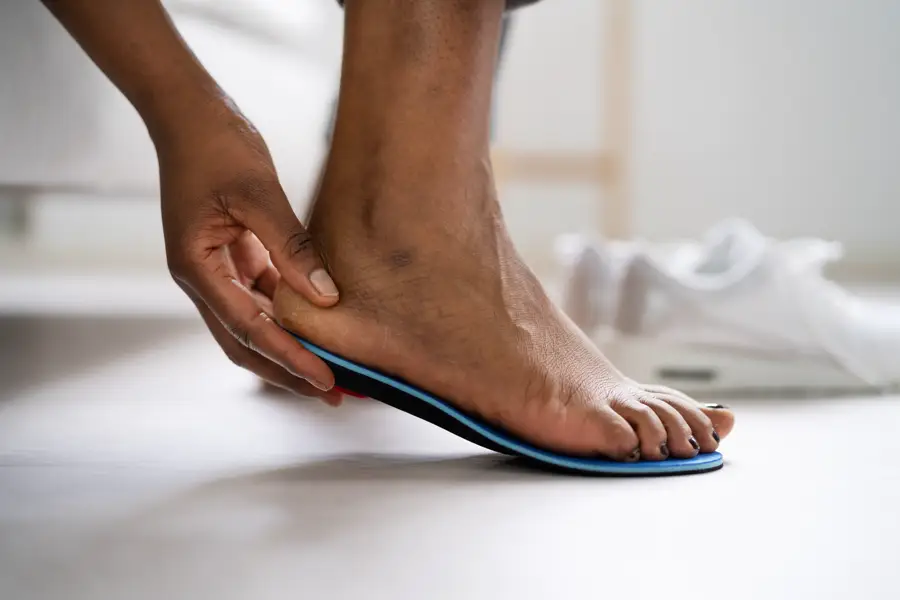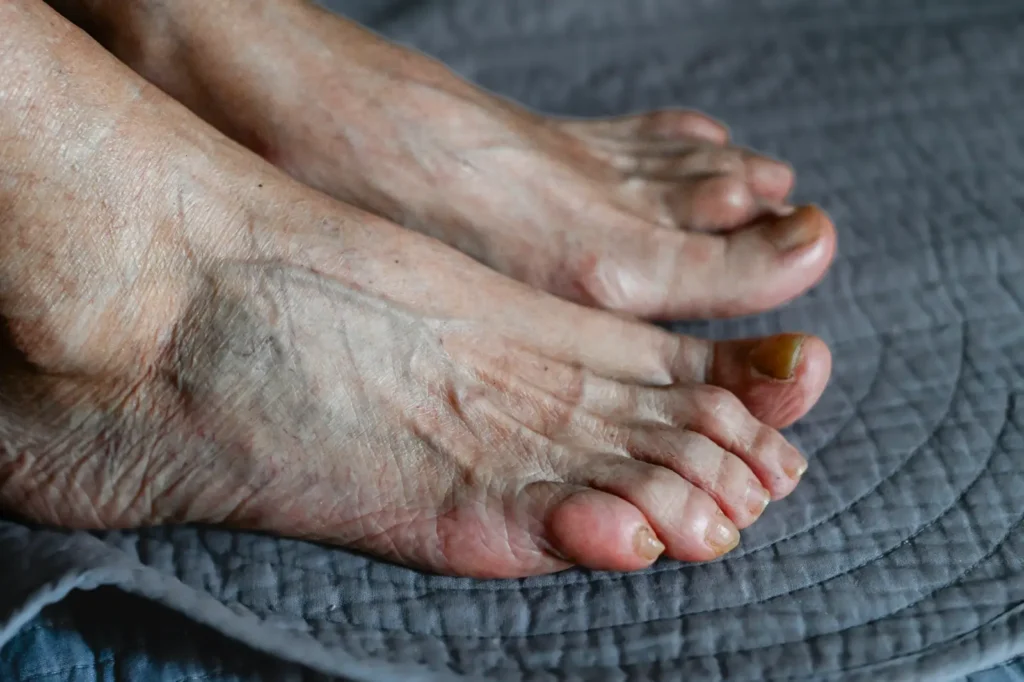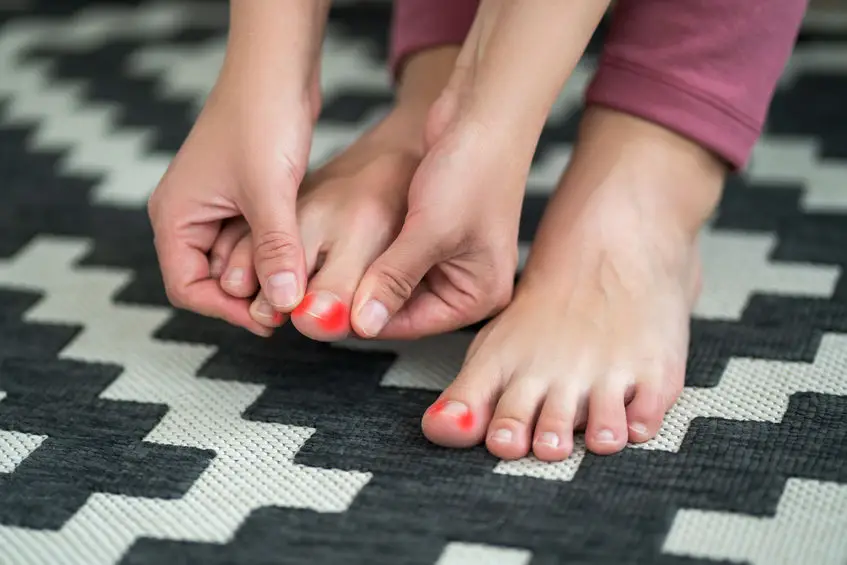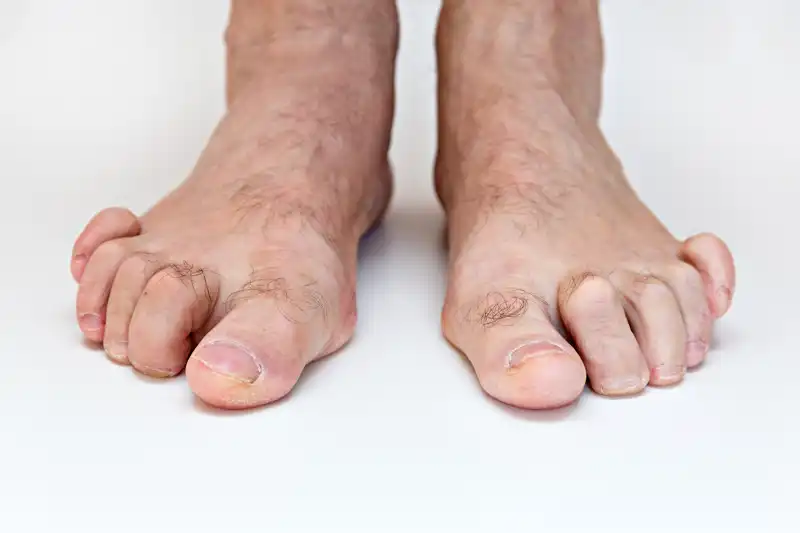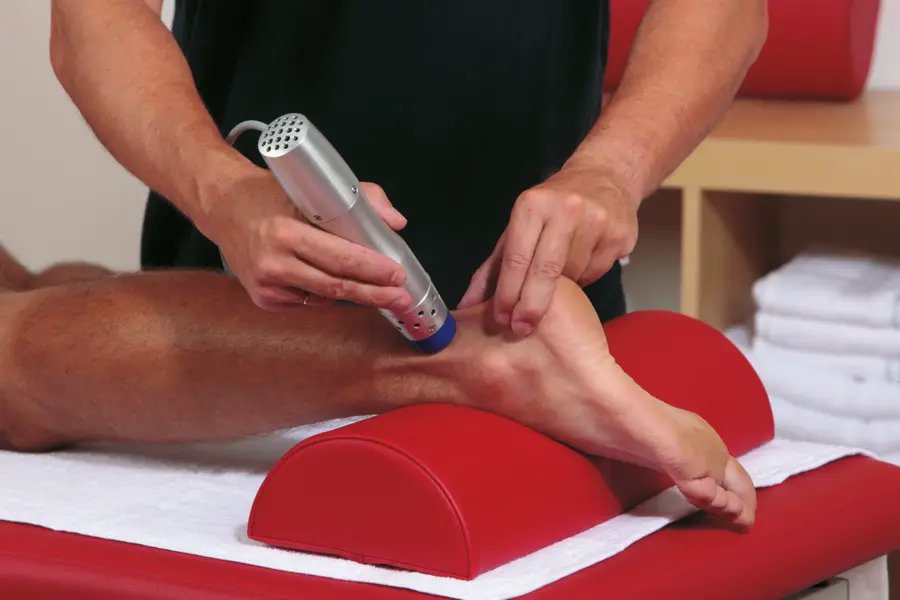Fungal Toenails
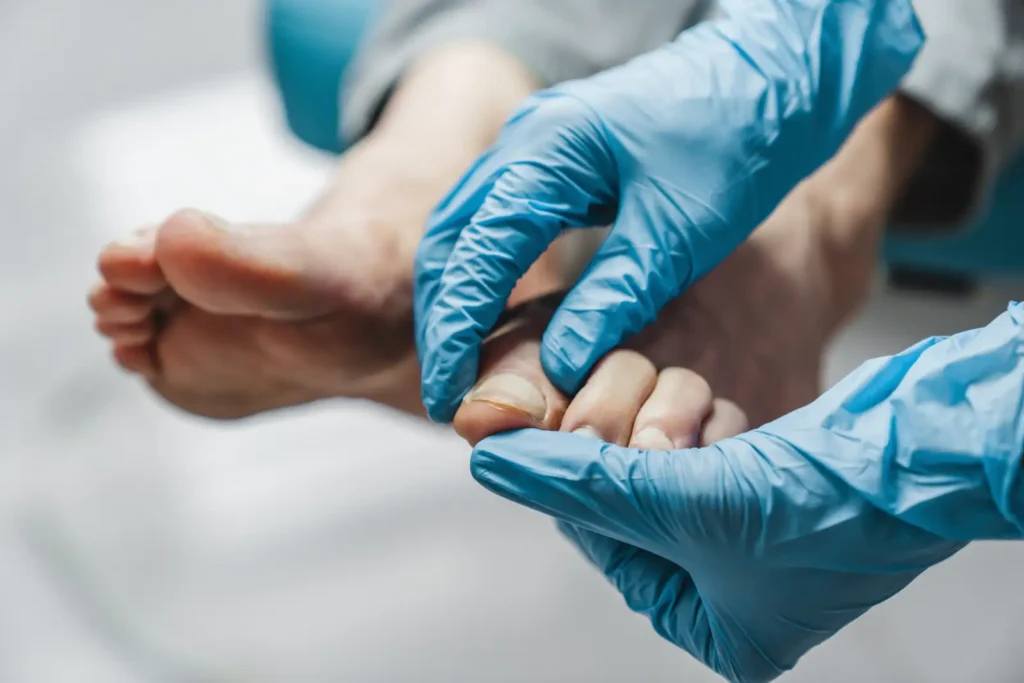
Experience expert care for your fungal toenails with Dr. Alan J. Rosen, located in New York City.
The yellowing and thick, crumbly texture of a toenail with active fungus is usually more unsightly than harmful, but in extreme cases, pain may be a factor. Dr. Alan J. Rosen, a podiatrist on New York City’s Upper East Side, can help with fungus control through several therapies including laser treatments. Call the office or book an appointment online to restore a normal appearance to your toes.

